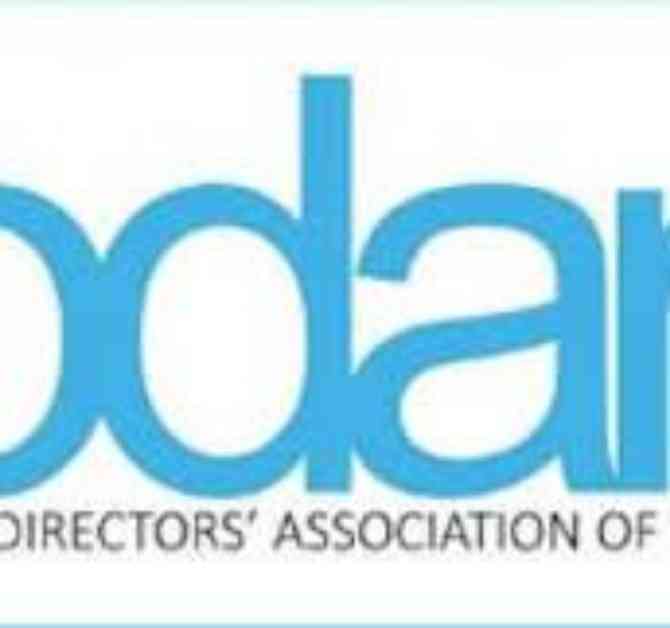The Bank Directors Association of Nigeria has distanced itself from the opinions expressed by some bank chairmen regarding the proposed foreign exchange windfall tax. Mustapha Chike-Obi, the Chairman of the association, stated that BDAN would share its stance on the matter after the upcoming board meeting on August 12.
In the previous week, three bank chiefs voiced their support for the Federal Government’s plan to impose a 70% windfall tax on banks’ foreign exchange earnings from 2023 to 2025. Femi Otedola, the Chairman of FBN Holdings, emphasized that the revenue generated from the forex segments harmonization policy could be used to enhance essential public services like healthcare, education, and infrastructure. This move aims to benefit all citizens and reduce social disparities.
Furthermore, Femi Otedola highlighted the importance of redistributing the extraordinary profits earned by Nigerian banks to fund critical infrastructure projects, improve access to healthcare and education, and support public welfare programs. He also pointed out that many manufacturing, telecoms, and SMEs might struggle to pay corporate tax for the next couple of years due to negative equity, necessitating government intervention to support these sectors and stimulate economic growth.
Tony Elumelu, the Chairman of the United Bank for Africa, stressed the significance of mutual prosperity in sustaining the system. He emphasized the need to create jobs, empower businesses, and ensure that Nigerians have access to a good quality of life. Elumelu expressed support for the government’s initiative to utilize windfall tax revenue to alleviate poverty and promote economic development.
Ladi Balogun, the FCMB Group Chief Executive, underscored the importance of aligning with the government’s reform agenda and channeling gains back into the economy. He emphasized the banking sector’s role in supporting investment, growth, and job creation while acknowledging the government’s commitment to listening to industry concerns and fostering a pro-investment and pro-growth environment.
In conclusion, the discussions between bank directors and government officials highlight the collaborative efforts to address economic challenges, promote sustainable development, and ensure shared prosperity for all stakeholders. The focus remains on leveraging windfall tax revenue to drive socio-economic progress, support businesses, and enhance the overall well-being of Nigerian citizens.

